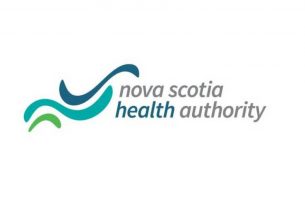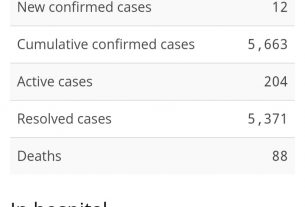**** Canada.ca Release
Government of Canada to remove COVID-19 border and travel measures effective October 1
As the pandemic situation has continued to evolve, adjustments to border measures have been informed by the latest evidence, available data, operational considerations, and the epidemiological situation, both in Canada and internationally. Today the Government of Canada announced the removal of all COVID-19 entry restrictions, as well as testing, quarantine, and isolation requirements for anyone entering Canada, effective October 1, 2022.
The removal of border measures has been facilitated by a number of factors, including modelling that indicates that Canada has largely passed the peak of the Omicron BA.4 and BA.5 fuelled wave, Canada’s high vaccination rates, lower hospitalization and death rates, as well as the availability and use of vaccine boosters (including new bivalent formulation), rapid tests, and treatments for COVID-19.
Effective October 1, 2022, all travellers, regardless of citizenship, will no longer have to:
- submit public health information through the ArriveCAN app or website;
- provide proof of vaccination;
- undergo pre- or on-arrival testing;
- carry out COVID-19-related quarantine or isolation;
- monitor and report if they develop signs or symptoms of COVID-19 upon arriving to Canada.
Transport Canada is also removing existing travel requirements. As of October 1, 2022, travellers will no longer be required to:
- undergo health checks for travel on air and rail; or
- wear masks on planes and trains.
Although the masking requirement is being lifted, all travellers are strongly recommended to wear high quality and well-fitted masks during their journeys.
Cruise measures are also being lifted, and travellers will no longer be required to have pre-board tests, be vaccinated, or use ArriveCAN. A set of guidelines will remain to protect passengers and crew, which will align with the approach used in the United States.
Individuals are reminded that they should not travel if they have symptoms of COVID-19. If travellers become sick while travelling, and are still sick when they arrive in Canada, they should inform a flight attendant, cruise staff, or a border services officer upon arrival. They may then be referred to a quarantine officer who will decide whether the traveller needs further medical assessment as COVID-19 remains one of many communicable diseases listed in the Quarantine Act.
The Government of Canada also reminds travellers to make informed decisions when considering travel outside of Canada to protect their health and safety. They are encouraged to review the travel advice at https://travel.gc.ca/travelling/advisories for more information on safe travel.
Canadians can continue to do their part to protect themselves and others, and reduce the spread of COVID-19, by getting vaccinated and boosted, using high quality and well-fitted masks where appropriate, self-isolating if they have symptoms and self-testing if they can.
Quick facts
- Travellers must follow any provincial or territorial COVID-19 requirements as applicable. Foreign nationals must still meet the entry requirements under the Immigration and Refugee Protection Act and provide appropriate travel and immigration documentation as necessary.
- Air carriers will no longer need to validate that travellers have entered information in ArriveCAN before boarding.
- As of October 1, 2022, travellers who entered Canada in the 14 days prior to October 1, 2022, will not be required to complete the remainder of their quarantine or isolation, or complete their testing requirements.
- While travellers will no longer have to submit their quarantine and vaccination information through ArriveCAN, they can continue to use the optional Advance Declaration feature in ArriveCAN (free as a mobile app or on the Canada Border Services Agency (CBSA) website) to save time at the airport by submitting their customs and immigration declaration in advance of arrival.
- This feature is currently available to travellers arriving at Toronto Pearson, Vancouver, or Montréal-Trudeau international airports and will expand to the Calgary, Edmonton, Winnipeg, Billy Bishop Toronto City, Ottawa,
-
- Québec City, and Halifax international airports in the coming months.
- Early data shows that using the Advance CBSA Declaration in ArriveCAN cuts the amount of time a traveller spends at a kiosk by roughly one third, and over 30% of travellers arriving at the airports are already using it.
- The CBSA will continue to make technology available at the border to speed up traveller entry and enhance the safety and security of Canadians. For example, CBSA is exploring other optional ArriveCAN features to provide travellers with easy access to information such as border wait times, and other self-serve functions. This will be expanded to travellers by land so they can make use of available technology to expedite and facilitate their travel.




